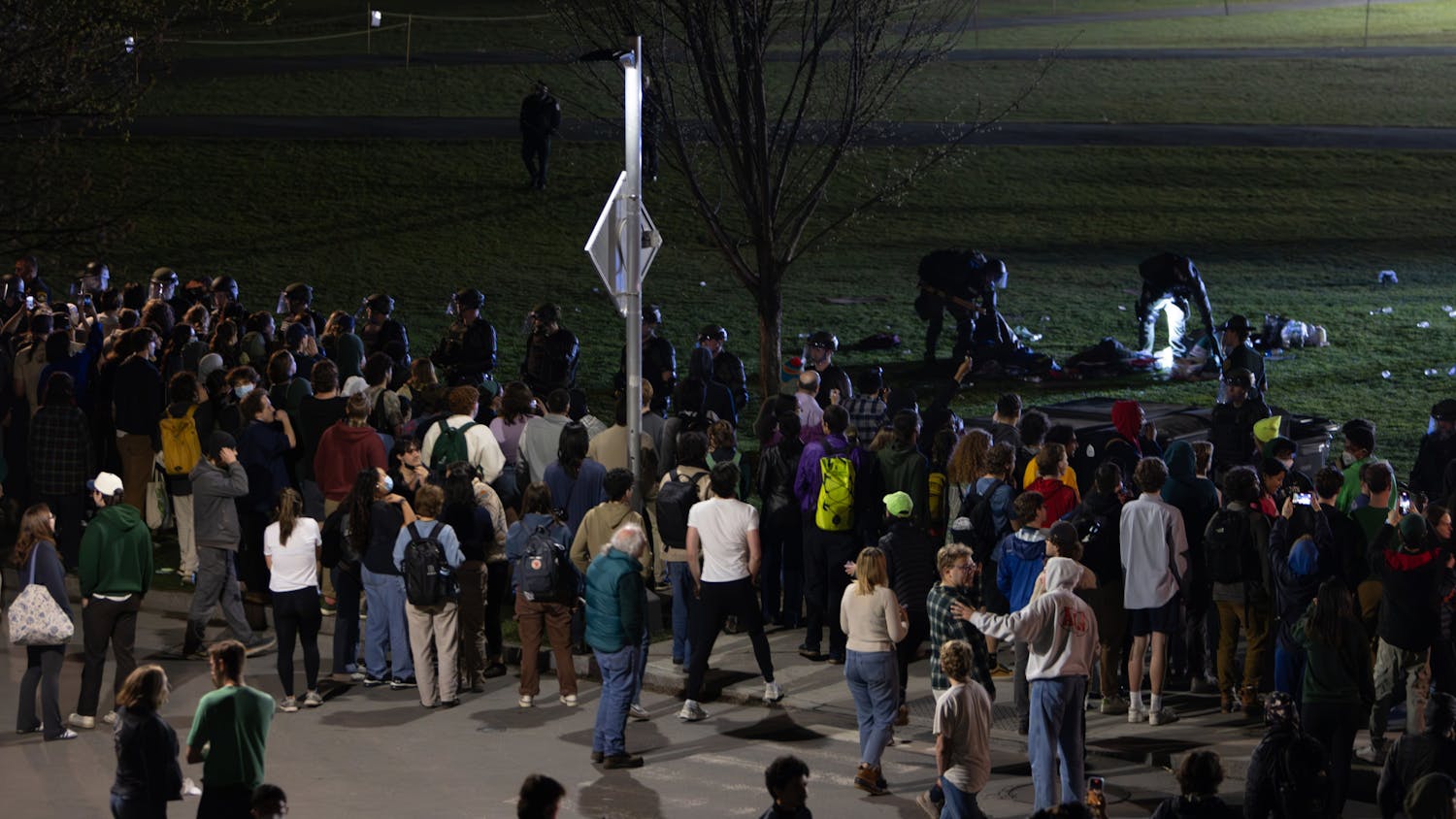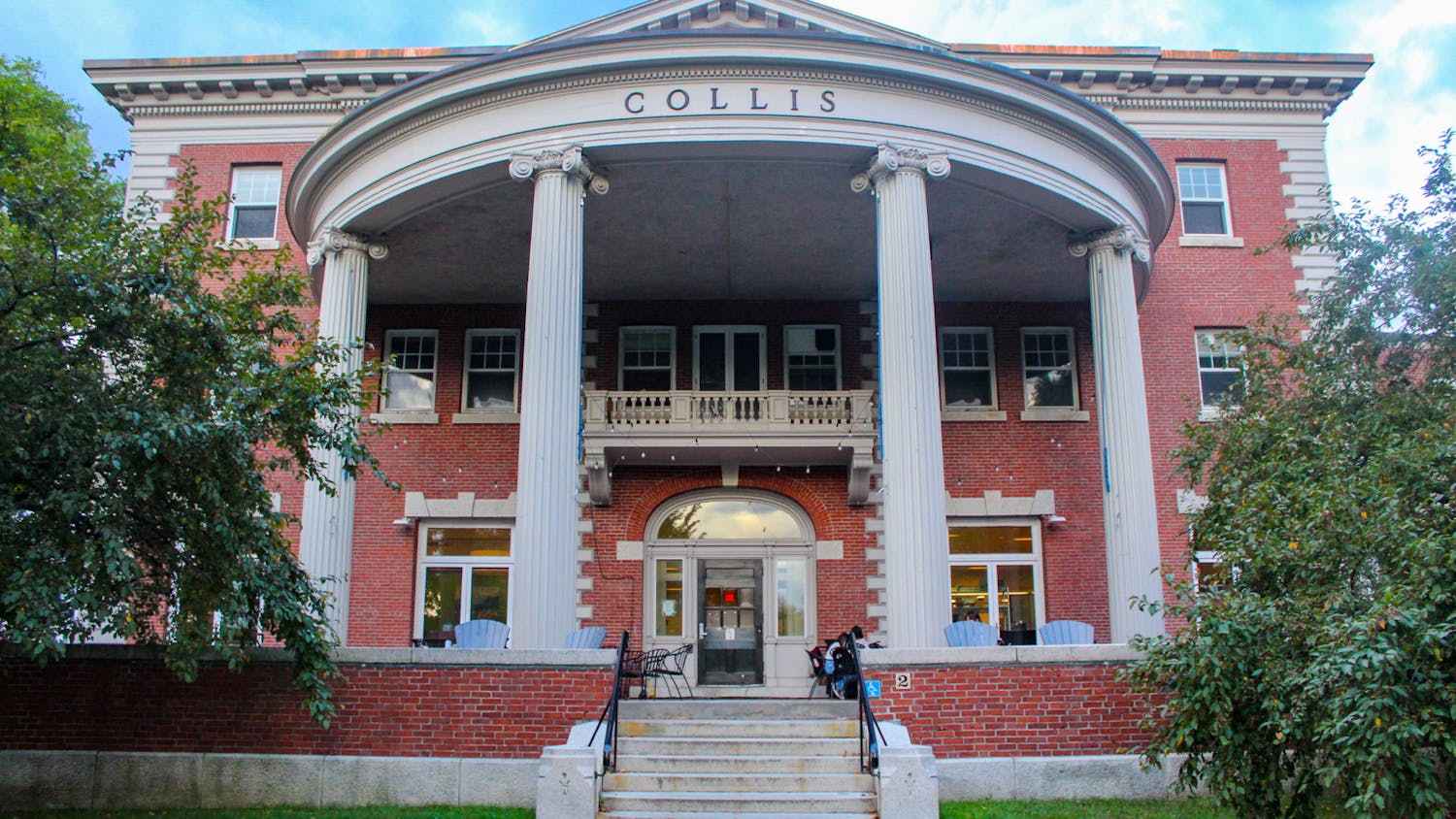Four diplomatic and academic leaders discussed peace and understanding in the Middle East Wednesday at the Rockefeller Center.
Isreali Ministry of Foreign Affairs representative Jacob Rosen and University of Haifa professor Joseph Ginat gave speeches about social trends and public opinion in Israel and the occupied territories. Khalil Shikaki from the Palestinian Center for Policy Research and Kenneth Yalowitz, director of the John Sloan Dickey Center for International Understanding were also present as speakers.
Rosen stressed the importance of public diplomacy."Leaders in the Middle East have no idea how their declarations are interpreted by neighbors," he said.
Rosen pointed to leaders who argue that there cannot be peace if democracy does not take hold in the volatile region. He said that leaders who make this claim do not realize that democratic reform is a direct threat to the governments already in those countries.
Rosen stressed the importance of a unified message to convey to the public in the Middle East.
Rosen also said that many diplomats do not understand the problem. He also said that many leaders play lip service to peace, but little has been done to achieve it.
Ginnat stressed the central importance of teaching populations about neighboring states. He talked about the importance of Israeli learning centers on Arab countries and Arab learning centers in Israel.
Yalowitz commented on what he calls the "CNN factor." He said that governments always make pains to project an image of being in charge and knowing what they are doing. He said that it is important to end persistent and incorrect visions to promote understanding.
Shikaki described his work polling people in the Middle East. About 95 percent of the people he polled support reconciliation between traditional enemies. Around 60 to 65 percent support open borders and 40 to 50 percent are willing to interact socially with those in enemy populations.
Shikaki said that the most difficult reconciliation would be considering historical differences and that in this respect, reconciliation would be easier for Israelis than for Palestinians. Israelis are not so concerned with their own existence while Arabs still find Israel's political existence highly suspect.
The panel also spoke about the generational differences between old and young people in the Middle East. Shikaki said that surveys do show that the youth in Middle Eastern countries are radical and less hopeful than the older population. He also said that this fact is disconcerting considering that studies also show a correlation between the hope for peace and a willingness to compromise.
Panelists also pointed to the role languages play in contributing to understanding in the Middle East.
Rosen said that Arabic is compulsory in Israeli primary schools, but the willingness to learn is generally low, and students generally come out of Israeli primary schools with a less than satisfactory grasp of the language.



